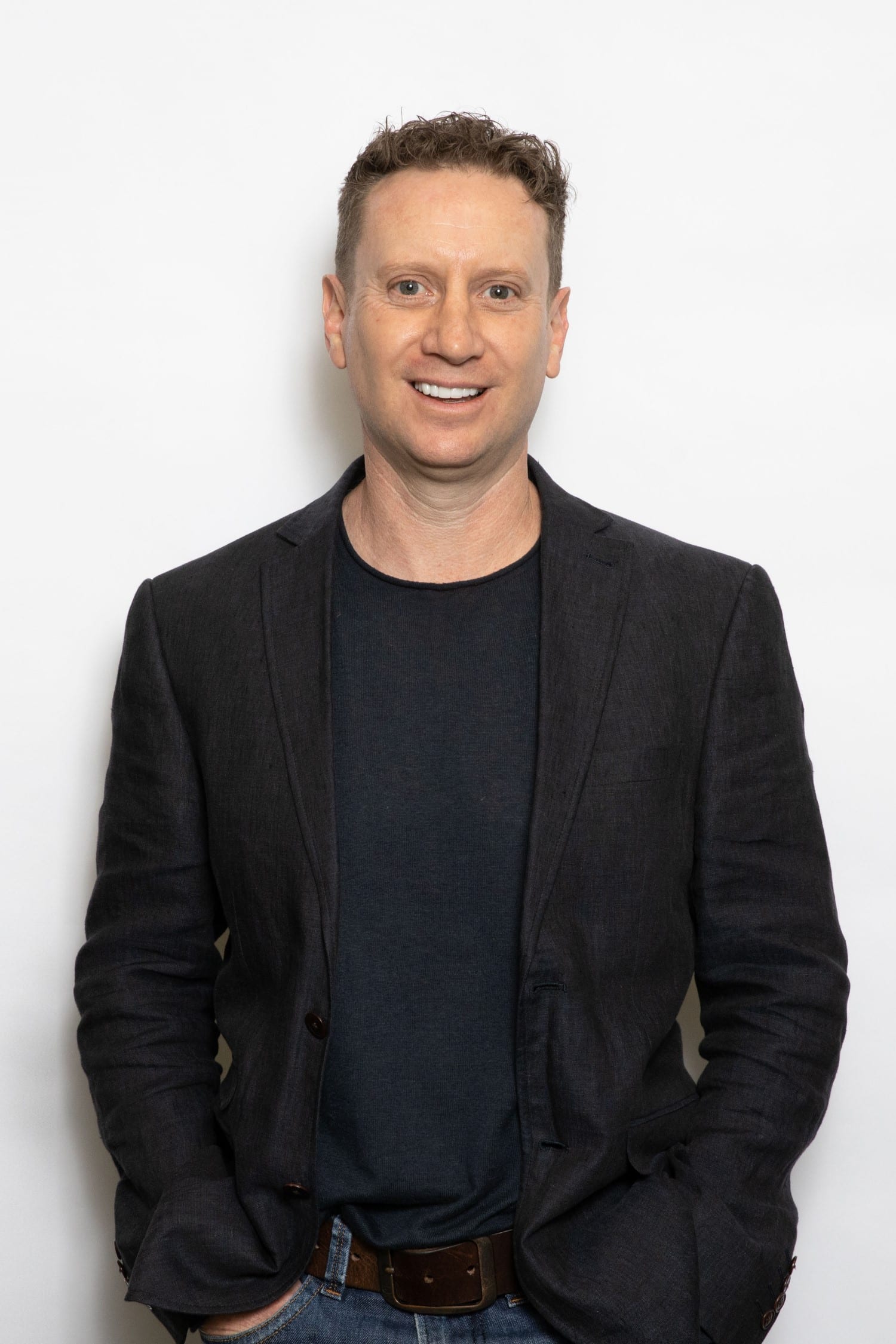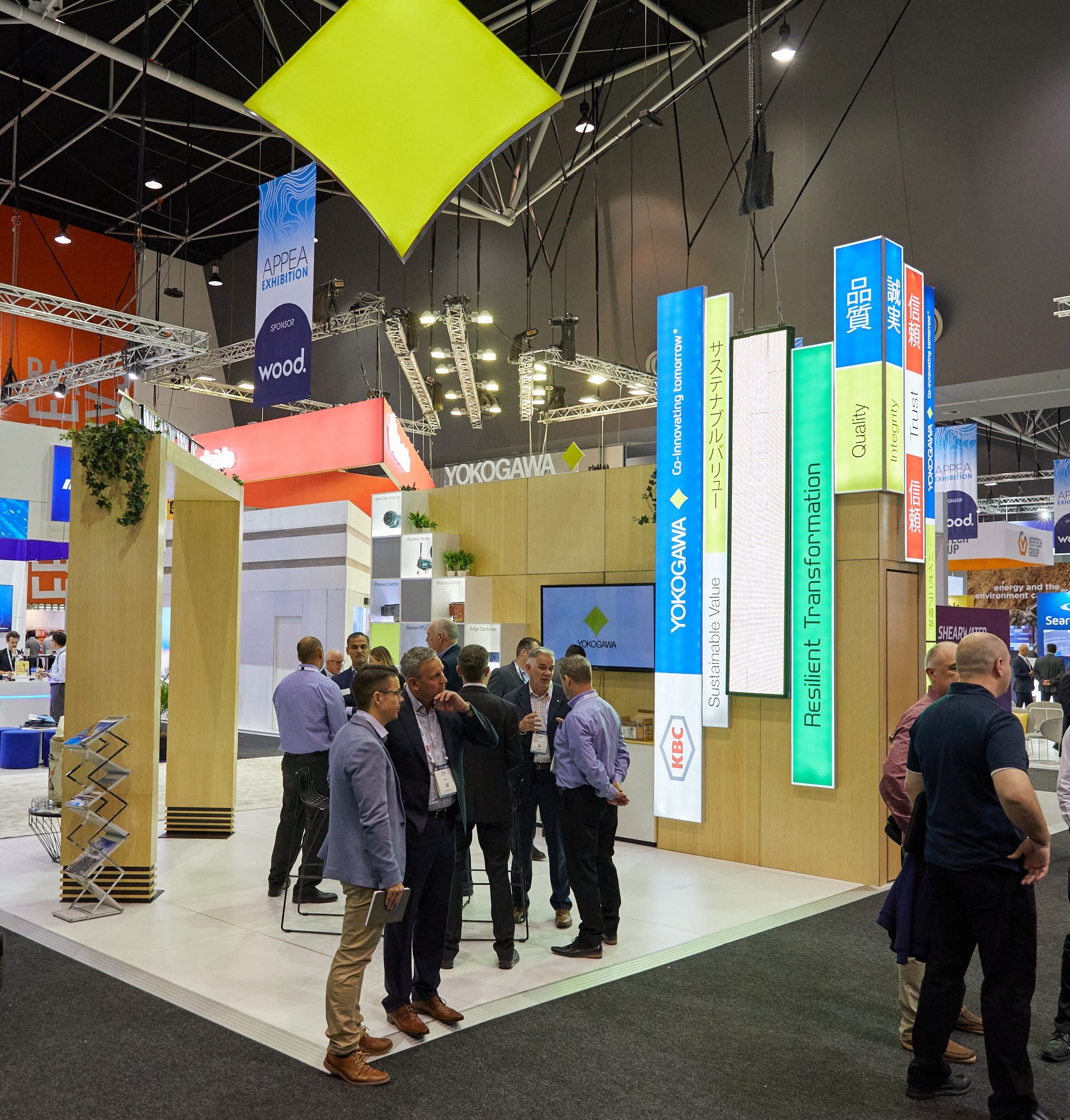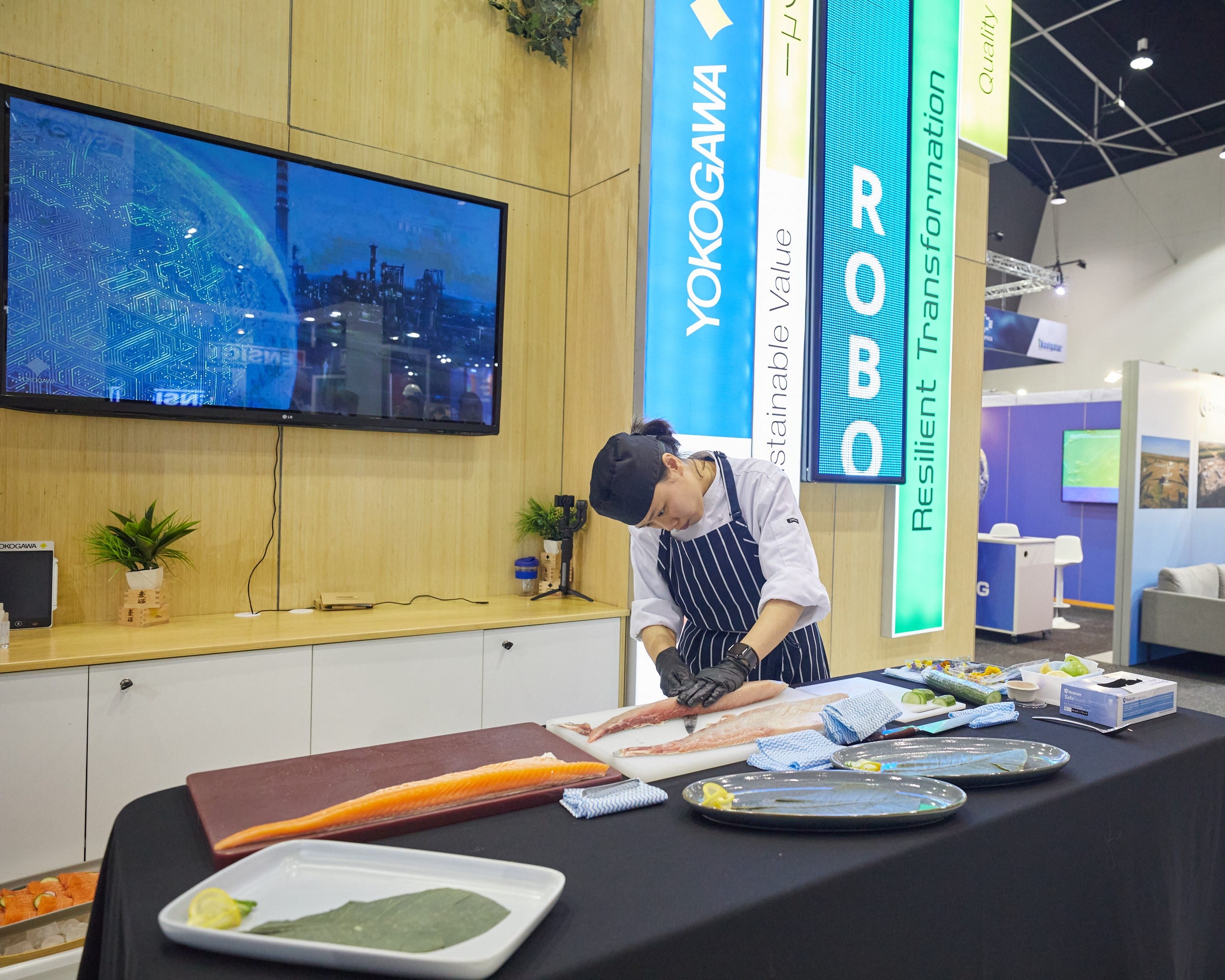23 Sep 2021
Interview: Russell Palmer, Yokogawa ANZ Managing Director

Yokogawa ANZ Managing Director Russell Palmer
Many of you may have encountered Yokogawa at the APPEA Conference, famous for their on-stand entertainment of Japanese taiko drummers, ceremonial breaking of the sake barrel, and delicious sashimi. However, you may not be aware of the crucial role they have played in Australia’s oil & gas industry over the last thirty years.
We took a moment to interview Russell Palmer, Managing Director of Yokogawa Australia and New Zealand since 2015.
After completing an engineering scholarship program in the UK, he spent the first few years of his career supporting European oil and gas industries, focusing primarily on local oil and gas operators and EPC companies. He subsequently moved to Australia in the late 1990s to join Yokogawa, where he has worked ever since.
Russell took some time out of his busy schedule to talk to APPEA about his history with Yokogawa, its growth in the Australian market, and where the company is heading in the future.
Could you tell me a bit about your history with the oil and gas business in Australia?
When I arrived at Yokogawa in the 1990s, we predominantly supported the downstream industry, including Australia’s main refineries. I was immersed in the business from day one and picked up a lot of my skills from some of the most prominent industry players of the day. Skills which were timeless and provided a depth on industry knowledge which helped me, and the business adapt to the growing needs of the industry as there was a pivot to LNG.
With the development of Gorgon and Wheatstone, we took the skills we had and enhanced these to grow our capabilities from that of a downstream services provider into the upstream space. On securing contracts for those projects, we continued to evolve as a business through securing the Ichthys project with INPEX near Darwin and the APLNG onshore coal seam gas project among others.
We have always had a very distributed business in Australia, with a big operation in Perth, head office in Sydney and a significant presence in Melbourne and Brisbane. This is supplemented further by smaller, more regional operations in other areas.
It’s important because it means that we’re able to provide services intrastate without relying on fly-in, fly-out or drive-in, drive-out services. It’s something that has also allowed our supply chains and services provision to remain stable throughout COVID-19.
What kind of solutions does Yokogawa ANZ provide to the O&G sector?
Our primary focus is and has always been the automation of process plants, and that started way back in the ‘70s and ‘80s with traditional distributed control systems.
Today, we’re not just automating the process plant, but all assets. We’re seeing greater investment in workforce centralisation using remote and integrated operations centres, leveraging analytics and Industrial Internet of Things (IIoT) technologies.
Yokogawa has evolved from the industrial automation and instrumentation areas, growing our smart sensing, industrial information and cyber security services to meet the needs of our customers. We take pride in understanding customer needs and one such area has been the removal of people from hazardous areas. There’s a huge safety incentive for all in the industry, ourselves included.

The Yokogawa stand at the 2021 APPEA Conference and Exhibition in Perth.
How do these solutions apply in the Australian market?
Australian LNG is a global, competitive industry and we must ensure that Australian assets are as — if not better — optimised than our global competitors.
Because we’ve been involved in the industry for such a long time, Yokogawa’s corporate knowledge of these processes has really expanded over the years, so we can now take that knowledge and bring it to bear on a single asset or multiple assets.
If you’re a smaller or regional operator, you may not have multiple assets to operationally compare. You may be unsure what exceptional performance looks like, which can be a real competitive disadvantage. Yokogawa can bring such a perspective to these customers through comparison of similar assets and installations from a global standpoint.
This provides the basis for a much better benchmark of live operational data to enable performance improvements based on what we’ve done with similar assets around the world.
What do you enjoy most about working at Yokogawa?
First and foremost, I see us as an Australian company, but with a proud Japanese heritage and culture. We’re pleased to share this with the energy community at events like the APPEA Conference. Yes, we are there to promote our capabilities, but we take great pride in our heritage and sharing some of those rich Japanese cultural elements with the community bring us great joy.
People associate Japanese industry with very high quality, technological excellence, and long-term vision. At Yokogawa we pride ourselves on these not just in terms of the products we provide, but in our people and the services we deliver too.
It’s not just about a ‘one-time win’ for us, it’s important we have a collaborative relationship with our clients which focus on continuous improvement. If you look back to the founding principles of the company set by our founder Dr Tamisuke Yokogawa in 1915, these are principles which have and always will be a prime objective.
We’re also starting to see a much greater emphasis on ESG. From the products we use in general business operations, to how we locate our teams. Locally based personnel help to ensure we reduce our carbon footprint through avoiding the need for avoidable flights and travel for example. This local recruitment focus also means we contribute in many other ways local communities. We look to nurture social value, also supporting education and other tertiary bodies in regional communities.
Could you identify some of the key trends you have identified in the Australian and international O&G sector over the next few years?
The emergence of renewable and alternative energies, for sure. Australia is so well-positioned to take advantage of these technologies, especially around blue and green hydrogen production, wind, solar, carbon capture and others.
This presents us with some fantastic opportunities. These are highly complex plants to build and very intricate and sensitive processes to work with. Our background in advanced control, process control, smart-sensing and industrial information places us in a unique position to ensure these sectors provide the positive growth to the Australian economy that we all anticipate.
We have also been involved with some early hydrogen projects, notably in Victoria with the Kawasaki hydrogen pilot. Many clients possess either a hydrogen ambition or have a hydrogen project at the feasibility stage, whether it’s for ammonia production, energy, or even liquefying it for transportation. These present a great opportunity for Yokogawa and the energy industry in general.
We’re also involved in the rise of lithium mining as well, a key mineral in the move to a renewable future. Both hydrogen and lithium are quite process intensive, requiring a depth of industry expertise and best practice which only comes from years of relatable experience.
It’s the type of practical experience which we all need to tap into to ensure megatrends including the energy transition from LNG to hydrogen, the EV market driving the lithium take up, and others, benefit Australia and Australian companies.

A sashimi chef at Yokogawa’s stand at the 2021 APPEA Conference and Exhibition in Perth.
In what ways has the business evolved since you took on the mantle as MD in 2015?
I think the move from industrial automation to industrial information has really accelerated in the past five years. We’ve seen our business evolve much more into the professional engineering services space using a lot of digital tools and technologies.
You hear a lot about digital transformation. It’s all well and good embarking on such a journey, but if you end up with a digitalised version of what you started with you haven’t really moved forward, it just looks better at first glance. If it doesn’t add value, improve resilience, create actionable outcomes and improve the bottom line then what’s the point? Our approach is the combination of best practice principles, in-depth industry expertise while encapsulating the very best smart sensing and analytics technologies to provide a more rounded outcome. Essentially, resilient transformation.
We firmly committed to growing the skills of the Australian workforce. With Australian industry growing so much in the last decade, it’s meant there is a wealth of engineering talent we can tap into. Yet we also have an eye on the future, not only recruiting experienced individuals but also providing opportunities for graduates.
We’ve had a lot of success with graduate programs over the years, and it’s great to give them that opportunity with industry in Australia. That’s a real passion for me personally, having also started in a similar graduate scheme, although in the UK. Not only do I have first-hand experience of the value graduate programs bring, but I’m fortunate to be in a position where I can provide the same opportunities for others.
For more information, visit yokogawa.com/au.

